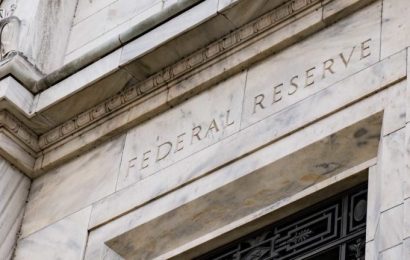Ride hailing giants Uber and Lyft made their Wall Street debuts recently and both pretty much flopped. Uber debuted on the NYSE at $42 a share earlier this month under the ticker symbol “UBER.” It was the worst debut in the market for a company of its size. By the end of the first trading day, shares were down nearly 8% and closed with a market cap of $69.7 billion. When news first surfaced that Uber would be going public, the valuation the company had been reportedly seeking was a whopping $120 billion.
Uber’s chief financial officer, Nelson Chai, remarked that the trading day “was a tough day” on the market in an interview on CNBC. “I don’t think that we’re smart enough to try to judge the market. … We weren’t optimizing to have the best opening price or the opening day. We’re really looking for how the stock continues to trade over time and that’s what we’re building for,” he added when he was asked about whether the company should have delayed the IPO.
CEO Dara Khosrowshahi has remarked about the comparison to rival Lyft and said, “It’s a fair comparison at the wrong time. So a lot of private companies now are holding off much longer before they go public. We are much bigger, much more mature as a company as we go public, and if you do look at the growth rates, our audience is growing 33% on a year-on-year basis, transactions are growing 36%. To be able to grow transactions 36% on a $50 billion base is pretty incredible, and we hope to keep it going.”
If Khosrowshahi can keep Uber’s valuation above $120 billion for 90 consecutive days once it goes public, he will win net stock bonuses topping $100 million. Khosrowshahi said to CNBC, “I’m here to stay. I’m here to build a big company. That compensation term is not about a single day, it’s about what value you create over 10 years, and over 10 years, absolutely I expect to get there.” Mad Money’s Jim Cramer wrote, “I hate to be too much of a doomsayer but the Facebook paradigm is now front and center: if you don’t have a clear path to make a lot of money, which neither Facebook with the new mobile threat, nor Uber with losses for as far as the eye can see and then some – then your stock is slated to go lower no matter what. Making matters worse there was enough verbiage about competition and promotion that the underwriters, in retrospect, should have pushed back hard, especially after the collapse of Lyft (LYFT) .
Lyft also had a rocky IPO and has fallen from its late March debut price of $72 per share to $54.63 as of Monday’s market close. There is currently a class action lawsuit against the company claiming it misled investors in its filing to go public.
Wedbush analyst Daniel Ives has remarked, “Let’s not sugarcoat it, Lyft’s stock has been a head-scratching train wreck since the IPO.” It was also recently that Lyft posted its first quarterly report as a public company and reported a loss per share of $9.02, adjusted.






